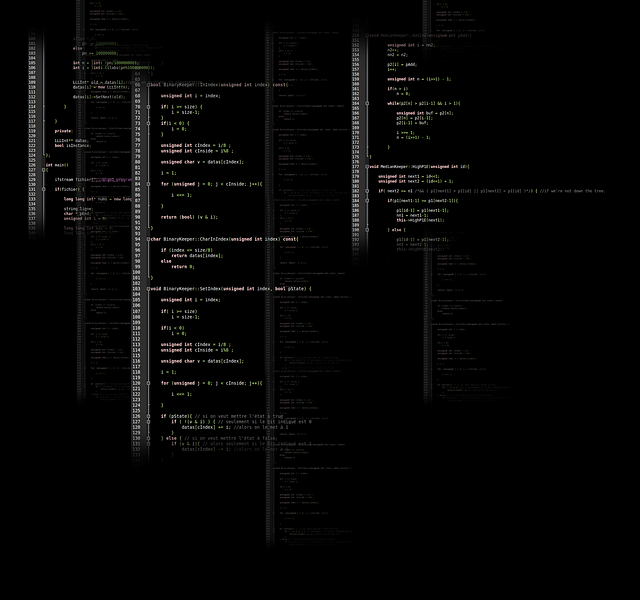Australia (Aus) and Wisconsin (WI) showcase distinct cultural offerings in traditional medicine, with Aus emphasizing indigenous knowledge, native plants, holistic healing, and academic research, while WI incorporates diverse cultural influences from immigrant traditions, global career paths, community engagement, and nature-based solutions. Both regions blend ancient wisdom with modern healthcare systems, offering unique educational opportunities and environments for personal and academic development.
Uncover the captivating world of traditional medicine, where each country boasts unique artistic healing practices. In this exploration, we delve into the contrasting yet culturally rich landscapes of Australia and Wisconsin, examining their indigenous healing arts. Discover the power of herbal remedies and their profound cultural significance, spanning generations. Learn how these time-honored traditions are reshaping modern healthcare, bridging ancient wisdom with contemporary medicine in a global exchange that defies borders.
- Exploring Indigenous Healing Arts in Australia vs. Wisconsin
- Herbal Remedies and Their Cultural Significance
- Traditional Practices Shaping Modern Healthcare Approaches
Exploring Indigenous Healing Arts in Australia vs. Wisconsin

In Australia, Indigenous healing arts are deeply rooted in the land and its ancient knowledge systems, with a strong focus on connection to country and community-based practices. Traditional healers, known as “Healers” or “Lawmen,” play a vital role in passing down cultural knowledge, healing techniques, and sacred rituals specific to each Aboriginal group. These practices often include dreamtime stories, ceremony, plant medicine, and physical healing methods that have been refined over millennia. The Australian government recognizes the importance of these traditional healing arts and has implemented initiatives to support their preservation and integration into modern healthcare systems, including higher education opportunities for Indigenous healers.
In contrast, Wisconsin in the United States is home to a diverse range of cultural influences, many of which have integrated elements of traditional medicine into contemporary practices. While there isn’t a single, unified system like Australia’s, communities across Wisconsin draw on Native American healing traditions, as well as Asian and European practices brought by immigrants over time. Digital access to academic journals has played a significant role in facilitating the exchange of knowledge and fostering higher education opportunities for Wisconsin residents interested in exploring these alternative healing arts. When considering aus vs WI, it becomes evident that each region boasts unique cultural offerings when it comes to traditional medicine, with distinct approaches to wellness and healing practices. Give us a call at Study visa processes: Australia and Wisconsin to learn more about how these differences shape educational and healthcare landscapes.
Herbal Remedies and Their Cultural Significance

Herbal remedies have long been an integral part of traditional medicine across cultures, and both Australia and Wisconsin boast rich herbal traditions. In Australia, native plants like eucalyptus, lemongrass, and bush tomato hold cultural significance and are incorporated into indigenous healing practices. These herbs are not only used for their medicinal properties but also carry deep symbolic meanings within Aboriginal communities. The knowledge of herbology is passed down through generations, often tied to stories and rituals, emphasizing the spiritual connection between plants and people.
In contrast, Wisconsin’s herbal remedies reflect its diverse cultural landscape. European immigrants introduced various herbs such as chamomile, lavender, and mint, which are now deeply ingrained in local wellness practices. The state’s universities offer extensive studies on botanical medicine, highlighting the academic rigor of Aus institutions. Meanwhile, career services for students in Wisconsin focus on global career paths related to herbalism, aligning with the growing international interest in traditional medicine. Unlike Melbourne, where finding us at student housing options is common, Wisconsin provides a unique blend of cultural and modern approaches to herbal remedies, offering both study abroad programs: Australia advantages and local insights into ancient healing practices.
Traditional Practices Shaping Modern Healthcare Approaches

In many countries, traditional medicine practices have evolved into integral parts of modern healthcare systems. This is evident in both Australia (Aus) and Wisconsin (WI), where ancient wisdom coexists with cutting-edge research. In Aus, traditional practices like herbalism and acupuncture are often integrated into mainstream medicine, with a strong emphasis on holistic healing and student mental health support. Australian universities invest heavily in research facilities to explore these alternative therapies, fostering an environment that blends academic rigor with innovative approaches to wellness.
In contrast, Wisconsin’s healthcare landscape incorporates indigenous medicinal knowledge passed down through generations, alongside modern Western practices. This blend results in a unique approach to student life and well-being, with a focus on both physical and mental health. While Aus boasts its advanced research institutions, WI’s traditional medicine is enriched by community engagement and a deep connection to nature, offering students distinct experiences that contribute to their overall academic and personal development. Visiting us at any of these universities allows one to witness firsthand how traditional practices are shaping modern healthcare approaches in both nations.
In exploring the unique aspects of traditional medicine in countries like Australia and Wisconsin, we’ve discovered diverse indigenous healing arts, distinct herbal remedies with cultural significance, and the profound impact of traditional practices on modern healthcare approaches. These insights highlight the richness of global health knowledge, underscoring the value of understanding aus vs WI cultural medicinal traditions to enhance comprehensive healthcare systems worldwide.
